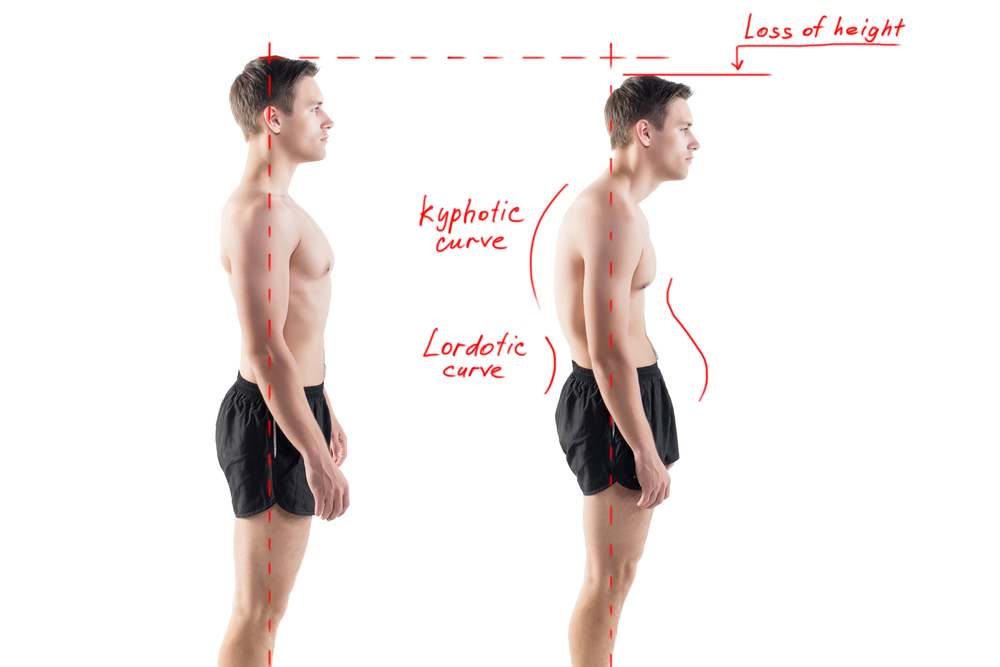Contrary to popular belief, confidence isn’t just an innate quality you either possess or you don’t. While some people are naturally more confident than others, it’s important to remember that confidence is a skill that you can learn just like everything else.
Appearance matters. It’s not just a question of feeling good about yourself, it’s about the experience you’re giving to those around you. Confidence can make or break your ability to present an important concept to fellow colleagues or potential clients, it can also define your success as the manager of a company, the leader of a team, or a new employee who wants to earn the trust of colleagues and be given greater responsibilities. How you project yourself is almost as essential as the quality of your work when it comes to advancing your career.
Remember, the majority of our communication is nonverbal, the how we say something behind the what we say. Nonverbal communication makes up a minimum of 60 percent of our communication ability. So, if you only focus on your words, you are using only 40 percent of your ability. You have to get into the habit of portraying confidence with both your verbal and nonverbal communication.
1. Stop slouching
Aside from causing lower back pain, standing slumped over or with your shoulders caved in can cause you to look unsure of yourself. Instead of allowing your body to hunch over, stand up straight, hold your head up high and push your shoulders back. Additionally, when you’re speaking with someone, it helps to have your body directly facing theirs. When you’re discovering how to appear more confident, always remember to start with adjusting your posture and everything else will fall into place.
Here’s some tips from us:
-
Stand up as TALL as you can
-
Pull your shoulder blades down and back as far as possible – This will feel really weird at first, but work at it!
-
Pick your chin up and look straight ahead – stop looking down while walking around, there’s a whole world out there for you to see.
-
Do planks every other day (working your way up to two minutes), and you’ll have a rock-solid core and incredibly strong lower back.
-
Back exercises like pull-ups and inverted rows can help a lot with posture.

2. Take your time
The first dead giveaway that someone is nervous? Speaking too quickly and mumbling through your sentences!
Take your time when speaking or expressing an idea, take a deep breath and don’t be afraid of pausing before moving on to the next point.
An easy fix to project your voice better is to simply smile! When you smile, your voice will naturally sound pleasant and more confident. You should also make a point not to raise your pitch at the end of sentences, as this can make it seem like you’re asking a question or looking for approval for what you’ve just said.

3. Recognise the value of your attention
The most valuable thing we can offer to others isn’t money or time, it’s attention!
Direct eye contact lets people know you’re focusing your attention on them, and this is key to establishing a good relationship with someone.
Too much intense eye contact can be off-putting, so aim for a happy medium. A good rule of thumb is the 80/20 rule. Meet your partner’s eyes 80% of the time you’re speaking and allow your eyes to wander or focus on something else the other 20%.

4. Steer your hands
The way you hold your hands is a big part of how to appear confident. Fidgeting, wringing your hands, folding your arms or sticking your hands in your pockets give off nervous or uncomfortable energy to everyone around you.
Not sure what to do with your hands? Try simple gestures. For example, make a steeple shape with your hands by placing the tips of your fingers together so they form a point. When you’re wondering how to show confidence, this is an excellent gesture that can be used in many situations, whether you’re giving a presentation or deeply listening to someone else.
So, what tips did I miss or mess up? Any other words of wisdom to pass along? Us nerds need all the help we can get!
Send us a message or leave a comment if you’d like to discuss any of our points, or add one of your own. If you need guidance with interviewing for a job, don’t hesitate to send us an email or drop us a private message via our social channels – it’s just a conversation!
